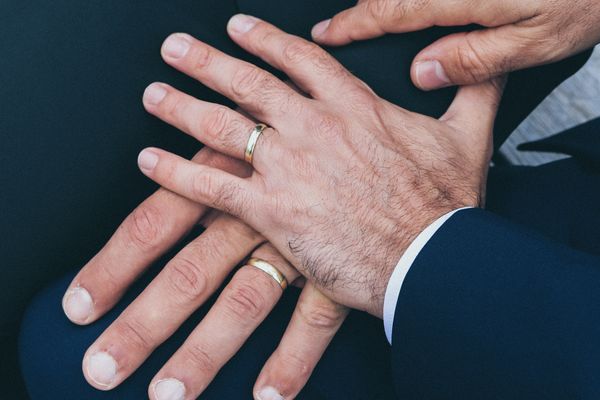You may or may not have heard that the 2016 Olympics are happening right now in Rio de Janeiro (hopefully you aren't living under a rock). What I think is amazing about the Olympics is how well it brings people together. Michael Phelps won God knows how many medals, or Simone Biles and Aly Raisman took gold and silver, respectively, in the All-Around competition.
The Olympics can awe us, they can amaze us, but most importantly they can unite us. However if you have been keeping up with media coverage of the games you have probably seen or heard about comments being made from news outlets and commentators that have not sat well with some people. Now to a certain degree when you work in a field that is constantly in the spotlight there will always be groups of people that will not agree with what you are putting out there.
We have all seen some of the sexist article titles and statements that in all actuality were more than likely not meant to be sexist, but still make us say, "How did they not catch this?" Yes, these stories did make me shake my head a little, but a story that was published by the Daily Beast absolutely disgusted me.
Now if you have not heard of or had a chance to read this article, you're too late. There was such a backlash when the article came out the the Daily Beast has retracted the article and replaced it with a note from their editors.
Here is the short story though: Nico Hines is a straight, married, male writer for the Daily Beast who decided he wanted to report on the environment of sex at the Olympics, particularly gay sex. Now this may not seem too outlandish when considering that the story was meant to appeal to gay men and especially considering there is a record number of openly gay athletes at these Olympics, still a somewhat risque topic to cover though. However, the means that this writer went about uncovering the information that he used for this article is what is so distasteful to me. You see, Hines went about finding information through dating applications such as Grindr, Tinder, Bumble, etc. to gay-bait athletes.
Hines claimed that he was honest about who he was to every athlete that he talked to, in the article he writes, "I didn't lie to anyone or pretend to be someone I wasn't - unless you count being on Grindr in the first place - since I'm straight, with a wife and child." I am not sure if Hines thought this would allow him to disclosing the information of the conversations he had on the various apps, which included some details that could identify some of these athletes. Now had he just used the experience he had (without including identifying details) to write this article I think it would have been at least somewhat acceptable, but instead he decided to publish personal information on athletes, who are not out of the closet might I add, that essentially identifies and outs them to the world. Some of these athletes which he described came from countries where it is still illegal to be a homosexual.
I am sorry, but what the actual hell is wrong with you Mr. Hines? I accept that you, as a journalist, are allowed to write what you wish to write about, but at what point did you lose all of your morals? At what point did you decide that it would be okay to essentially out these athlete? Who are you to decide that their private lives should be put in the spotlight, just like every other aspect of their lives? Who are you to decide when these athlete come out? And for what, a way to get your name out there there? To have your fifteen minutes of fame? To get your name to go viral? Well you certainly have gotten your wish, but you will also fade, just like your worthless article.
Internet fame has become a feat that is ever so desired in our modern society, which I don't necessarily think is a bad thing. The internet allows us to express our interests, connect with friends and family around the world, and it has a vast amount of information that should be taken advantage of. However, let's not allow our desire for internet fame to cloud our moral judgement. I have, and always will believe that humans are all good, but it's actions like Mr. Hines's that make me lose some of this faith. We can all do better than this, because we are better than this.





















